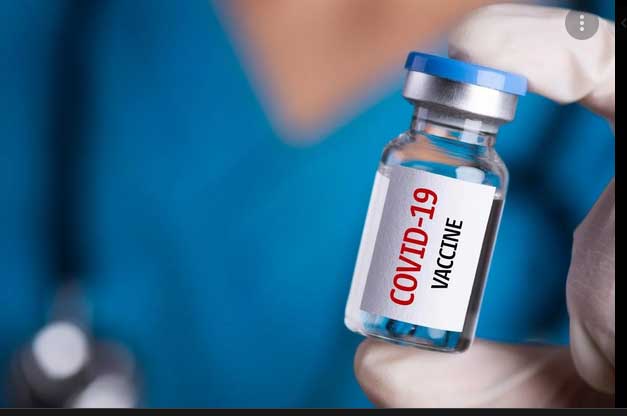A report published by researchers from Imperial College London (ICL) in the journal Lancet Infectious Diseases on Thursday suggested that COVID-19 vaccines saved 19.8 million lives in 2021. The study lead, Oliver Watson from ICL, said more than 4.3 billion worldwide received the vaccine in the first year of its introduction – December 2020 to December 2021.

Watson said another 600,000 people would have been saved if the countries had attained the World Health Organization’s (WHO) goal of getting 40% of people in the world inoculated by December 2021. He said without the vaccines, the number of deaths recorded globally would have tripled what we have today.
Although Our World in Data revealed that more than 6.3 million died from COVID-19 worldwide, more than 1 million people died in the United States; the ICL report said coronavirus vaccines prevented another 1.9 million deaths in the US, 4.2 million deaths in India, 1 million in Brazil, 631,000 in France, and 507,000 deaths in the UK – all in the first year of introducing the vaccines.
Using data from 185 countries, the ICL researchers said 14.4 million deaths were actually prevented during the first year of the vaccines, but it was expanded to 19.8 million when they accounted for potential deaths that could have been linked to the pandemic. But the study was limited in some areas.
China was not included in the model study due to insufficient government data regarding coronavirus deaths and the impacts of vaccines. The impacts of face masks, lockdowns, and coronavirus mutations – had vaccines not been manufactured – were not taken into consideration.
The Institute for Health Metrics and Evaluation in Seattle also carried out a similar but yet-to-be-published report, which suggests that coronavirus vaccines saved 16.3 million by the end of 2021. A senior official at the institute said scientists may not agree on the actual numbers, but there is no disagreement that vaccines saved lives.
“Although we did pretty well this time — we saved millions and millions of lives — we could have done better, and we should do better in the future,” said Adam Finn of Bristol Medical School in England.
